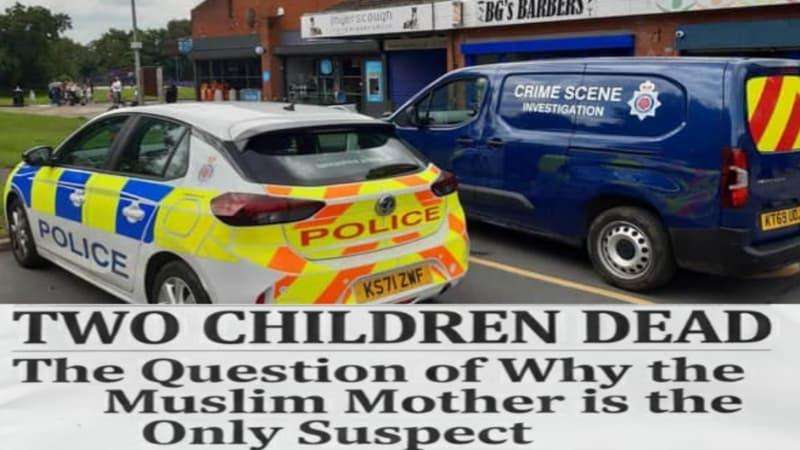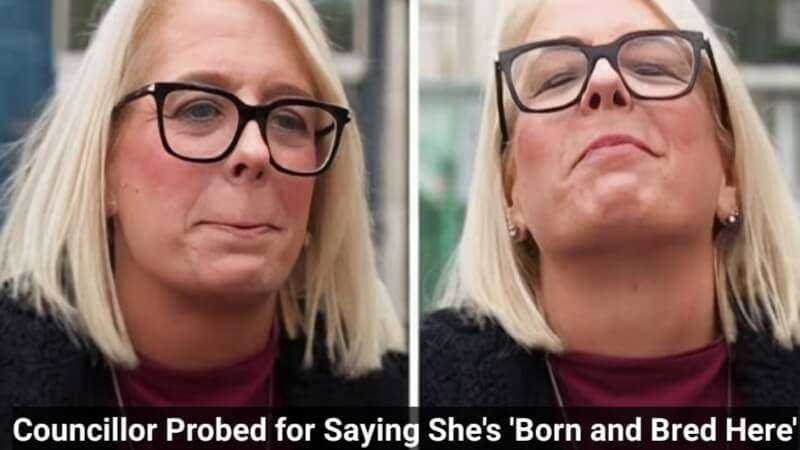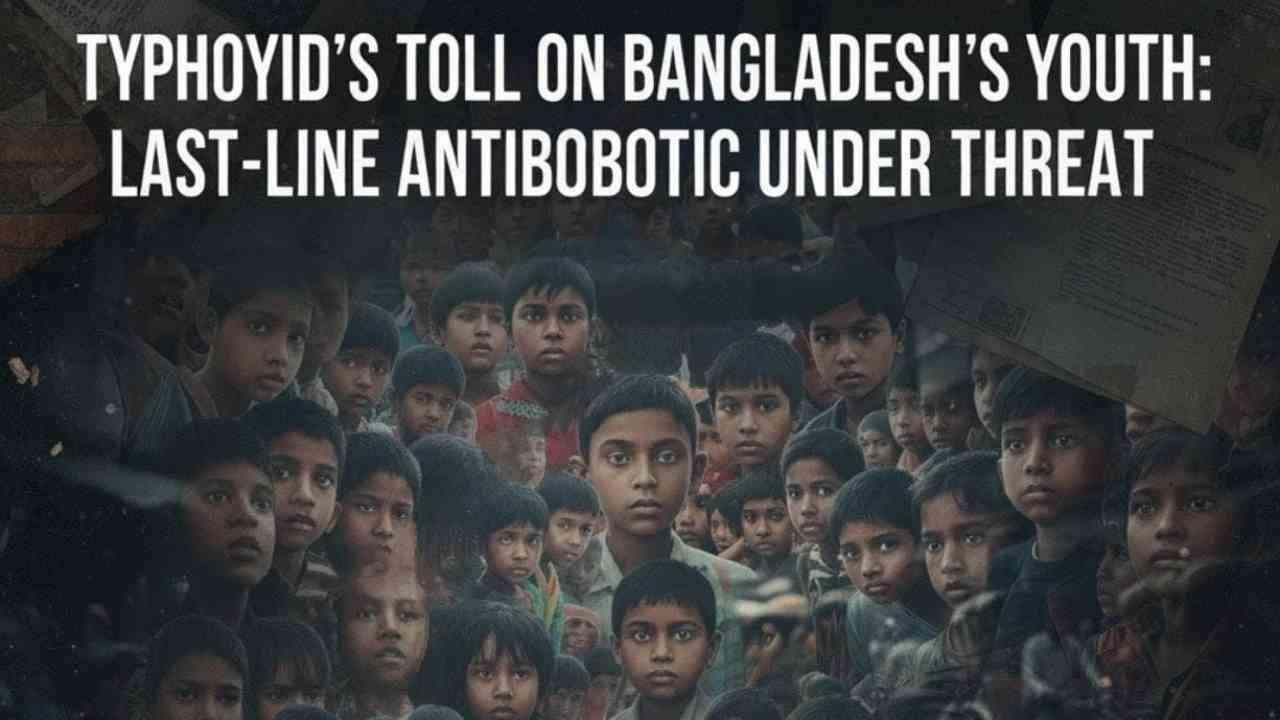New UK Law Bars Hate Crime Convicts from Charity Leadership Amid Extremism Fears — A profound shift is underway in the governance of Britain's charitable sector as the UK government implements stringent new laws designed to automatically disqualify individuals convicted of hate crimes from holding senior positions. This decisive action, aimed at tackling extremism and soaring anti-Semitism, will see anyone with a hate crime conviction barred from roles such as trustees and senior managers. This measure will place the leadership of mosques, Islamic centres, and other community charities under intense new scrutiny, Daily Dazzling Dawn understands.
The legislation—which builds on and expands existing frameworks like the Charities Act 2022—adds hate crime convictions to the list of disqualifying offenses, alongside terrorism, money laundering, and bribery. The push for this reform, advocated for previously by figures like former Shadow Cabinet Minister Lisa Nandy, has been accelerated by the current government under Prime Minister Rishi Sunak, following heightened concerns about radicalisation and the exploitation of charitable status.
The independent regulator, the Charity Commission, is being granted significantly enhanced powers to enforce these rules. This includes the mandate to conduct rigorous background checks and take decisive action against charity leaders who abuse their positions to spread intolerance. The objective, government sources confirm, is to dismantle any use of charitable status "as a shield for extremist activity," preventing institutions from being exploited by individuals to spread divisive messages, potentially with foreign links, as a means of radicalising young people.
Further reinforcing this stance, the Department for Levelling Up, Housing and Communities, led by Michael Gove, recently unveiled a new working definition of extremism. This definition aims to better equip government bodies to identify and disengage with extremist groups, while concurrently, an intensified focus is being placed on scrutinising foreign funding, particularly from states like Iran, to counter the propagation of anti-Semitic or other extremist narratives within UK institutions.
Scope of the UK Charitable Sector-The scale of the UK's charitable sector underscores the widespread impact of this new legislation. There are over 170,000 registered charities in England and Wales alone, governed by almost a million trustees. While Muslim-led organisations are a fraction of this total, they are numerous and vital. Estimates suggest there are nearly 2,000 mosques and Islamic centres across the UK, with well over 1,000 registered as charities. Furthermore, a growing number of broader Muslim charities focus on relief, education, and community support, with the Muslim Charities Forum alone representing numerous large Muslim-led NGOs. These organisations collectively manage billions in assets and rely heavily on volunteer trustees and senior managers who will all now fall under the scope of this stricter compliance regime.
Alarming Implications for British Muslim and Mosque Leaders-
The new legislation carries specific and potentially alarming implications for the British Muslim, British South Asian, and British Bangladeshi communities, which operate the vast majority of the UK's mosques, Islamic education trusts, and community centres.
The law directly targets the trustees and senior managers of mosques and Islamic centres. Any individual holding an unspent conviction for a hate crime—even one stemming from a non-extremist, localised incident—will be immediately disqualified. This means these institutions must now implement even stricter vetting processes for their volunteer-run leadership.
A core concern voiced by Muslim civil society groups is the risk of the "broad definition of extremism" and the politically charged atmosphere leading to the conflation of legitimate political discourse with hate speech. Leaders fear that strong criticism of foreign policy, particularly concerning the Israeli-Palestinian conflict, could be misinterpreted or weaponised, resulting in hate crime charges that lead to disqualification. This could severely limit the willingness of qualified community members to take on critical leadership roles.
The focus on mosques and Islamic centres, even if legally required due to their charitable status, is feared by some to perpetuate a narrative of disproportionate focus and stigmatisation. This could damage the already fragile trust between government regulators and the Muslim community, despite the good intent of isolating a small number of genuinely dangerous individuals. Recent Charity Commission inquiries into Muslim-run charities, such as the Brighton Mosque case where a former trustee was convicted for encouraging terrorism, show the regulator is already taking robust action. The new laws cement the Commission’s power to enforce accountability, but also necessitate clear, fair guidance to prevent the sweeping disqualification of community leaders for minor or disputed infractions.
Ultimately, while the government asserts the move is a necessary safeguard for public safety and charitable integrity, the challenge lies in ensuring that a law aimed at isolating extremists does not inadvertently restrict the civic engagement of the mainstream British Muslim community.


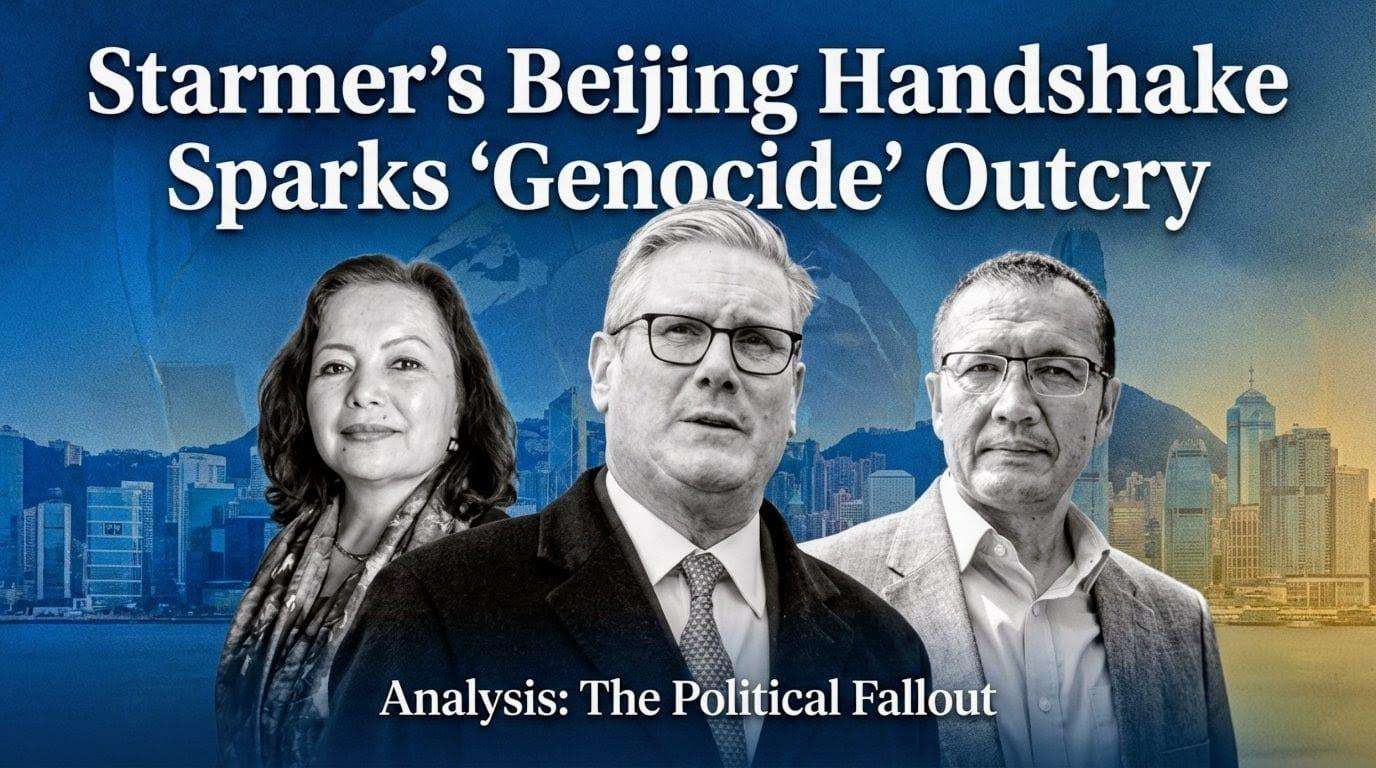
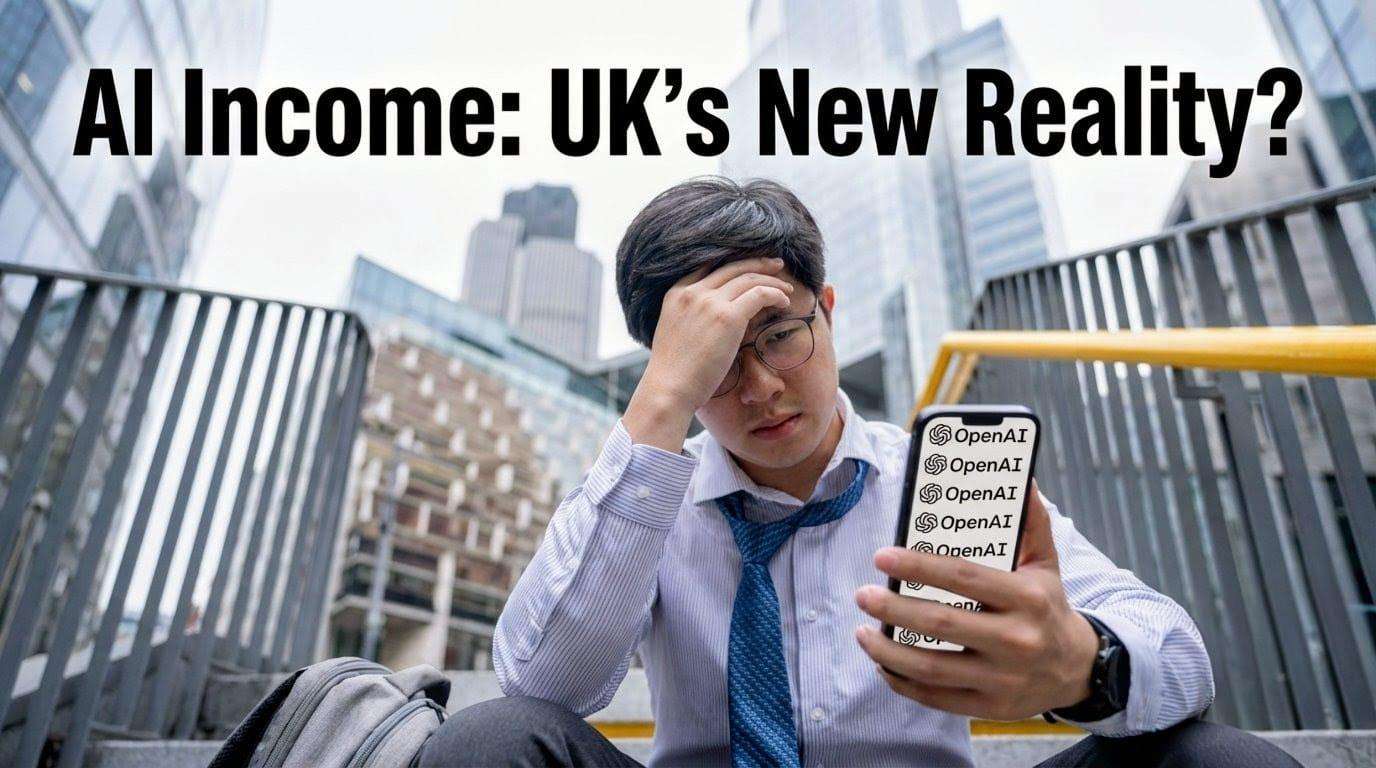



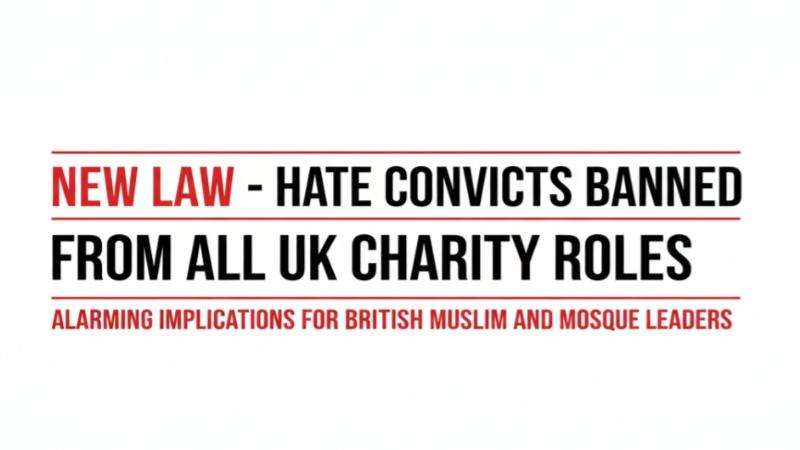
.svg)

